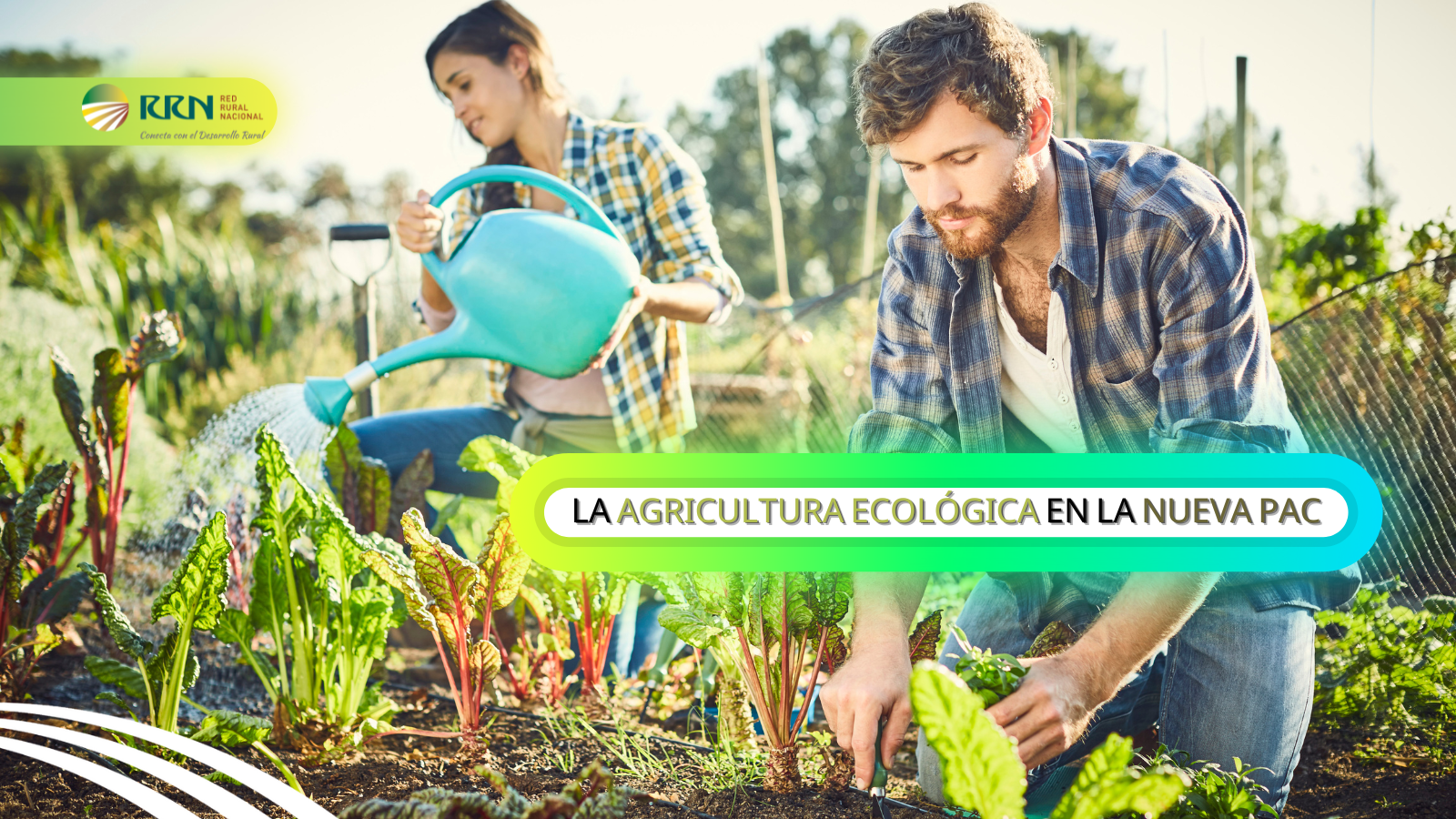
20 de February de 2023
The CAP will provide financial support for organic products through eco-regimes and will support agroecology through technical assistance, the exchange of good organic practices, and agricultural advice, particularly as part of the AKIS (Agricultural and Agricultural Activities).
- The European Commission has established an ecological action plan for the European Union (EU) through which it will aim to have 25% of agricultural land dedicated to organic crops by 2030.
- The new Common Agricultural Policy (CAP) will be fully mobilized to support the implementation of the Action Plan for Organic Production in the EU.
This week saw the start of Biofach , the world's largest trade fair for organic food and agriculture. Biofach takes place annually in Nuremberg, Germany, and typically brings together an average of 2,774 exhibitors and around 46,700 trade visitors from around 130 countries. The upward trend in the consumption and production of agroecological foods is evident.
The European Commission (EC), aware of the need to adopt more sustainable practices that respect the environment and human consumption in the agricultural sector, launched its " Action Plan for the Development of Organic Production in the EU" in 2021. This plan is aimed at achieving the objectives of the European Green Deal and theFarm to Fork and Biodiversity Strategies . Both the Plan and the Pact and the Strategies aim to achieve at least 25% of EU agricultural land under organic farming by 2030.
Role of the new Common Agricultural Policy
The newCommon Agricultural Policy (CAP) will be fully mobilized to support the implementation of the European-wide Ecological Action Plan. To this end, it will offer financial support for organic products through eco-regimes : new annual direct aid schemes that will reward farms that implement voluntary practices that are beneficial to the climate and the environment.
Generally, compliance with ecoregime requirements will be annual, although in the case of direct seeding and groundcovers, there is the possibility of accessing an additional supplement if the commitment is maintained the following year.
Ecoregimes are specific practices that cover all possible land uses, i.e., permanent and temporary pastures, arable crops, and permanent croplands.
You can choose from the practices that are most relevant to your farming model. Only one practice can be counted on a single hectare, and although in some cases two practices can be carried out on the same plot (for example, rotation and direct seeding), you will receive the aid only once.
Likewise, CAP support for agroecology will also include:
- Technical assistance .
- Exchange of good practices in organic matters.
- Agricultural consulting , particularly as part of Agricultural Knowledge and Innovation Systems (AKIS), to promote knowledge sharing.
Action plan for organic production in the EU
The European Eco Action Plan is divided into three interrelated pillars that reflect the structure of the food supply chain and the sustainability objectives of the Green Deal:
Axis 1 - Stimulating demand and ensuring consumer confidence:
Increasing consumption of organic products and strengthening consumer confidence is vital to encouraging farmers to convert to organic farming. To achieve this, actions such as the following are planned:
- Dissemination of the EU “Organic Agriculture” logo.
- Promote organic dining rooms.
- Strengthen ecological education in schools.
- Prevent food fraud.
- Improve traceability.
- Seek contribution from the private sector.
Axis 2 - Stimulate production:
To increase the proportion of land cultivated using organic practices, further development is needed at all stages of the supply chain. Promoting local production and short distribution channels is key. Measures:
- Promote the exchange of best practices.
- Improve animal nutrition in accordance with organic standards.
- Strengthen organic aquaculture.
Axis 3 - Strengthening environmental sustainability
Organically farmed land has about 30% more biodiversity than conventionally farmed land thanks to the reduction in pesticide use. Organic livestock farming demonstrates high standards of animal welfare due to the restriction on antibiotic use. How can we conserve the environment through organic practices?
- Develop alternatives to conflicting inputs and other phytosanitary products.
- Improve animal welfare.
On 1 January 2022, the European Commission introduced new legislation related to the organic sector, which seeks to respond to the challenges posed by the rapid expansion of organic farming. Thus, the area dedicated to organic farming has increased by almost 66% in the last 10 years, from 8.3 million hectares in 2010 to 13.8 million hectares in 2019. Currently, organic crops represent 8.5% of the total agricultural land used in the EU.











